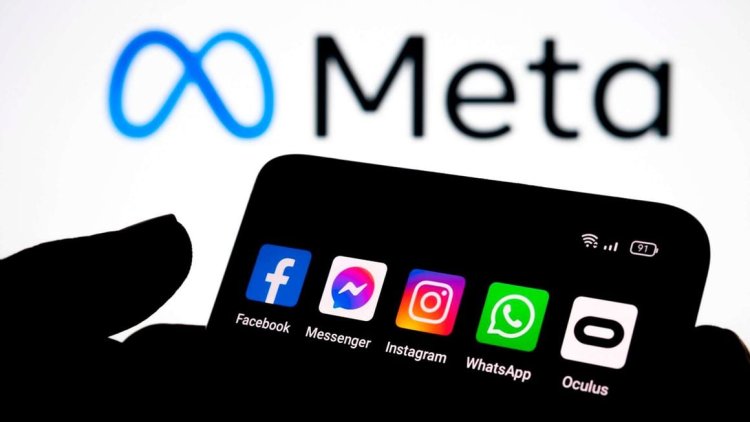Finance Bill 2024: 8 Areas Where Ruto Wants To Collect Tax From Content Creators
The proposal is for local content creators to pay five per cent of their earnings to the government.

For the second year running, proposals contained in the Finance Bill are seeking to raid the pockets of content creators as the government seeks to fund the 2024/25 Budget.
As per the proposed Finance Bill 2024 which seeks to amend various tax policies and introduce others, major activities by content creators will be viewed as income-generating activities that will be taxed.
The proposal is for local content creators to pay five per cent of their earnings to the government.
Among the activities targeted by the proposals include advertisements on websites or social media platforms through brand partnerships. Content creators who are paid by various companies to generate content and promote content will also be taxed.

Collage image of Njugush, Azziad Nasenya, Eve Mungai and Brian Mutinda. /VIRAL TEA KE
Also targeted are content creators who earn commission from the number of clicks made by their audience during a promotion.
"Digital content monetisation means offering for payment entertainment, social, literal, artistic, educational or any other material electronically through any medium or channel, in any of the following forms;
"Offering for use a logo, brand or catchphrase associated with the content creator merchandise sales eBooks, courses or software and licensing the content including photographs, music or other businesses or individuals for use in the user’s own projects," read the Bill in part.
The proposal also calls for the imposition of tax on content creators who charge audiences for exclusive content, a format commonly associated with controversial blogger Edgar Obare's BNN platform.
Additionally, having special membership programmes where the audience is charged to access some content first will also be taxed.
"Digital content monetisation also takes the form of a content creator earning a commission or fees from crowdfunding," read the Bill in part.
In summary, the activities listed as digital content monetisation are as follows:
- Advertisements on websites, social media platforms or similar networks by partnering with brands including endorsements from sellers of such brands.
- Sponsorship where a brand owner pays a content creator for content creation and promotion.
- Affiliate marketing where the content creator earns a commission whenever the audience of the content creator clicks on the product displayed.
- Subscription services where the audience pays a periodic fee to access the content and support the content creator.
- Offering for use a logo, brand or catchphrase associated with the content creator merchandise sales ebooks, courses or software.
- Membership programmes for exclusive content including early access.
- Licensing the content including photographs, music or other businesses or individuals for use in the user’s own projects.
- Where a content creator earns a commission or fees from crowdfunding.
Impact
Companies usually hire and pay content creators to drive up engagement towards a campaign, or a brand, aimed at raising funds for a particular cause or attracting attention towards their brands altogether
The proposals in the Finance Bill 2024 however risk creating a toxic atmosphere for content creators, current and upcoming, to thrive considering that despite the massive numbers they attract, their earnings from social media platforms do not commensurate with the traffic they get from their content. As a result, they turn to affiliate marketing through companies, both local and multinational.
"When it comes to monetization, one thing that we have seen with a lot of creators is diversifying their revenue sources, so yes you have your podcast but you also do live podcast recordings that people pay tickets to attend, so that's one angle that doesn't certainly rely on these podcasting platforms," Lisa Muchangi, the Marketing and Communications Manager at Baraza Media Lab, revealed in a recent interview.

Meta platforms that include Facebook, Instagram and WhatsApp. /FILE
Should the Finance Bill 2024 proposals take effect, the regulations could force content creators to increase their charges to clients based on their ratings, a matter which could see companies retaliate by reducing their budgets for content creators as the companies themselves could also suffer from the proposals in the Bill.
This creates a dangerous precedent as content creators would be unable to financially sustain their craft, meaning that they would either scale down or close shop altogether, a scenario that could also affect digital media platforms.
The Finance Bill was tabled in Parliament on Monday, May 13 with Members of Parliament set to discuss the tax proposals in the coming days. Kenyans will also be allowed to give their views on the tax proposals in due course.






